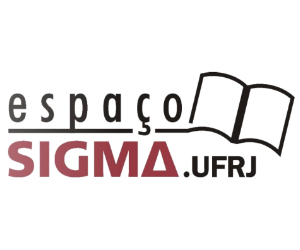PR2 – Dean of Graduate Studies and Research
The Dean of Graduate Studies and Research is motivated to promote discussions at UFRJ on the issue of ethics in research, a theme of paramount importance that involves topics such as integrity in research, participation of humans or animals in research, genetic heritage, among other issues.
PR2 is creating the Technical Chamber of Ethics in Research (CTEP), a council that will advise the Dean and the Graduate Programs on this issue. However, this is a theme that demands all of us, each one of us, to be confronted and discussed at our University.
The Technical Chamber of Ethics in Research continues UFRJ’s commitment to ethical research with humans, since 1996, when it instituted the Ethics Committees. Since then, any and all research, in any area of knowledge, directly or indirectly involving human subjects, has to be evaluated by a Research Ethics Committee (REC) before it begins. RECs are independent collegiate bodies which purpose is to ensure that research participants are adequately protected. The Ethics Committees fulfill the mission of ensuring the protection of research subjects on behalf of society and independently by ethically qualifying projects. Thus, they become co-responsible for the ethical aspect, together with: the researcher (whose responsibility is non-delegable and non-transferable), the institution, and the sponsor, to ensure respect for the rights of the research subjects.
See more at slides_etica_em_pesquisa pdf












